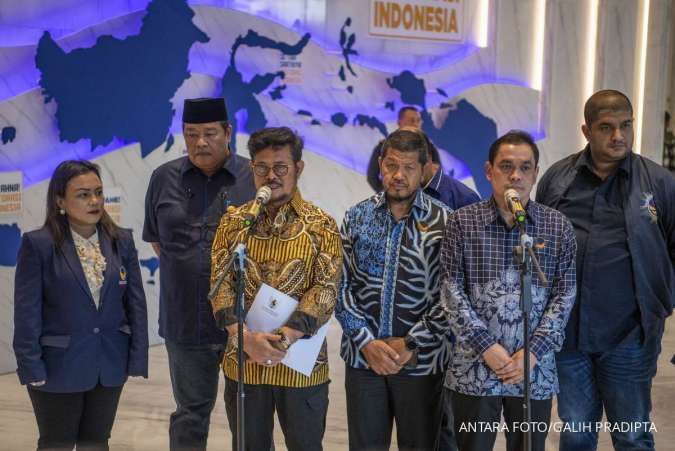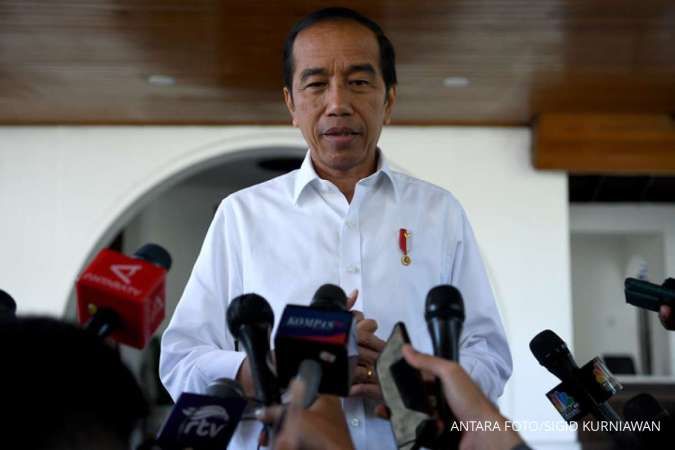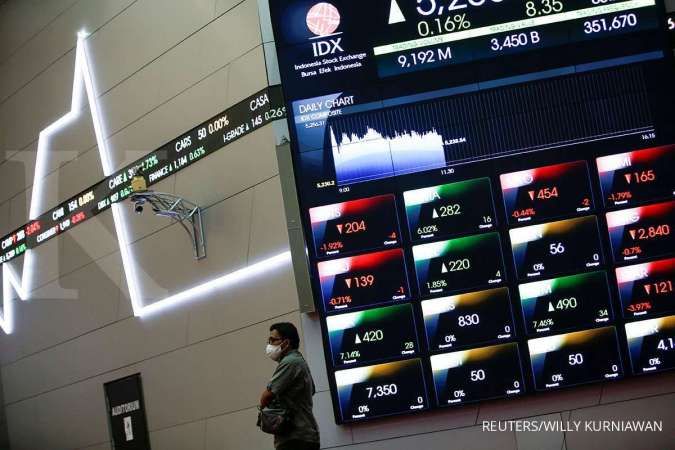CORRUPTION CASE - JAKARTA. The Corruption Eradication Commission (KPK) mentioned a decrease in the national integrity index in 2023. This is based on the results of the integrity assessment survey (SPI) which scored 70.97 in 2023, down from the previous year which was 71.94.
"The SPI in 2023 shows a decrease," said KPK Deputy Chairman Johanis Tanak in a broadcast on the KPK Youtube channel, quoted Sunday (28/1).
Whereas in the Medium-Term Development Plan (RPJM), it is stipulated that the national integrity index is targeted to increase by 2 points every year.
The fact that the national integrity index tends to decrease, indicates that Indonesia is vulnerable to corruption issues.
"So there is still a lot of homework in the form of improving governance systems, regulations, and commitments that need to be immediately improved," said Johanis.
Read Also: IDR 3.5 Trillion of Corruption Money Laundered Flows to the Election Campaign
Johanis also mentioned several fundamental aspects that were considered based on the achievement of the SPI index 2023, one of which was the cost of democracy or politics that was too expensive.
"This has an impact on the occurrence of conflicts of interest, especially the sponsors of regional head nominations that impact projects and some procurement of goods and services," he said.
Then, improving the system of procurement of goods and services and adopting an integrated licensing service system and a human resource management system that encourages employee performance.
Including regulations for the prevention and mitigation of conflicts of interest and the acceleration of digitalization of public services in all sectors.
"The KPK believes that the increase and decrease in SPI scores are greatly influenced by the real commitment of the leaders of institutions both at the center and in local governments," he said.
For this reason, hard work is needed together between central and regional government institutions. Better coordination and strong commitment from each institution leader to eradicate corruption are also needed.
"The commitment of leaders to prevention and eradication of corruption will be seen when the SPI score is viewed as a portrait of the current condition," added Johanis.
For information, the SPI 2023 was conducted on 3.1 million people. About 58% are internal employees of ministries/agencies and local governments, 40% are the public and the other two percent are experts.
SPI is conducted to measure the extent of the current risk of corruption in government agencies, both ministries/agencies and local governments throughout Indonesia.
/2021/01/29/1761998797.jpg)















